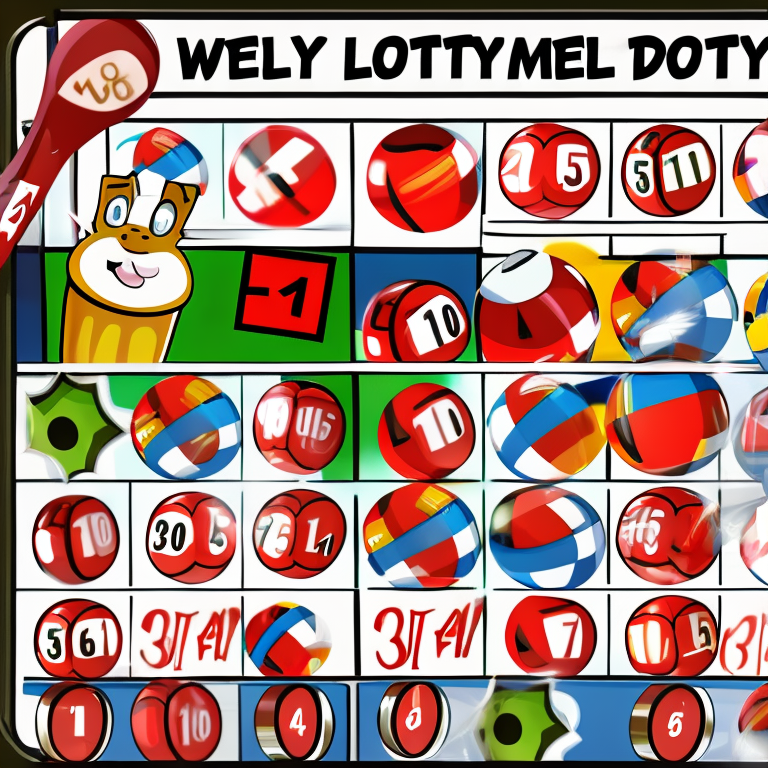Lotteries are a form of gambling in which players purchase tickets and have a chance to win a prize. In most lotteries, the prize is usually a large sum of money. Lotteries are typically held by government entities or charities, and the proceeds from the lottery are used to fund public projects or charities.
Lotteries are often run in multiple states or countries, and the prizes offered can be quite large. For example, in the United States, the Powerball lottery offers a jackpot of up to $1 billion.
When playing the lottery, players must purchase a ticket that contains numbers. The lottery will then randomly select a set of winning numbers and the players with tickets that match the winning numbers will win the prize.
Lotteries are a popular form of gambling, as they offer the potential for large payouts and require relatively small investments. However, it is important to remember that the chances of actually winning a lottery are very small. As such, it is important to play responsibly and to not spend money that you can’t afford to lose.


